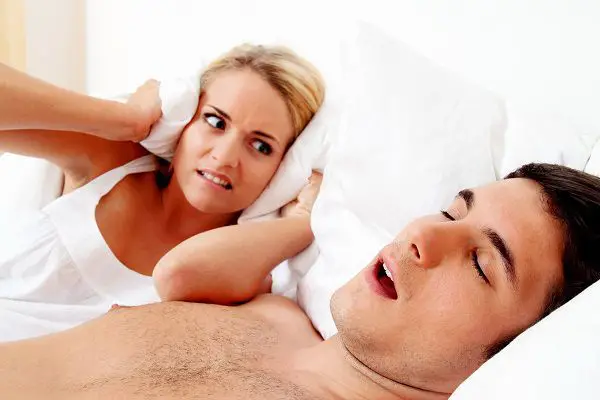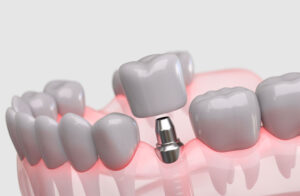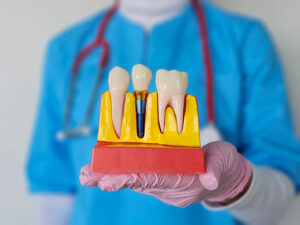Sleep apnea is a huge pain as it can mess with your mental and physical health. Sleep apnea is characterized by frequent pauses in breathing which occurs due to an obstruction in the airway. The patient’s quality of sleep would be affected massively, making them feel strained and tired throughout the day.
What causes sleep apnea?
There are two main types of sleep apnea that are medically recognized. They are Obstructive Sleep Apnea (OSA) and Central Sleep Apnea (CSA). OSA is caused due to the obstruction of the airway due to the collapse of tissues from the roof of the throat. When the patient is sleeping, a sudden inability to breathe would hit them, making them wake up startled and gasping for air. In the case of CSA, the brain malfunctions, due to which the appropriate signals wouldn’t be sent to the lungs to inhale air. The patient would be left at a lack of oxygen which, again, makes them wake up suddenly. There is another type called Mixed Sleep Apnea, which is a combination of both CSA and OSA.
How can sleep apnea be treated?
The most popular treatment solution for sleep apnea is the CPAP or Continuous Positive Airway Pressure device. The device helps a person with obstructive sleep apnea breathe easily during sleep. It consists of a comfortably fitting mask that should be worn over the mouth and nose. The mask would be connected to a continuous supply of oxygen. During sleep, the oxygen supply would prevent the collapse of the roof of the throat by maintaining a positive pressure in the airway.
Another prominent treatment option is the mandibular advancement device. It is an oral appliance that is made from dental-grade plastic that is biocompatible and absolutely safe for the human body. The device is fitted in place by a dentist and it helps to treat sleep apnea by bringing the lower jaw forward. This expands the airway and prevents the collapse of the roof of the throat as well.
Changes in lifestyle
Certain everyday activities are known to influence the severity of sleep apnea. Smoking cigarettes, consumption of alcohol, irregular sleep cycles, mental stress, physical stress, etc. can elevate the severity of sleep apnea. Bruxism or subconscious grinding of the teeth is known to be a common symptom of sleep apnea, which in turn, worsens the condition. Hence, keeping these factors in mind can provide relief from sleep apnea.
Dr. Ewing is one of the best dentists in Concord, CA. Get in touch with us by scheduling an online appointment or by calling (925) 685-9339 and we can discuss a customized treatment plan to help you get rid of sleep apnea.




